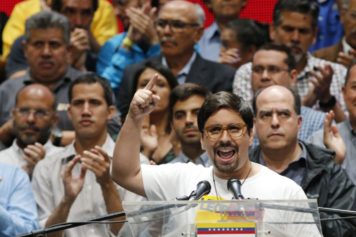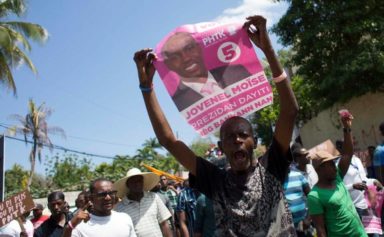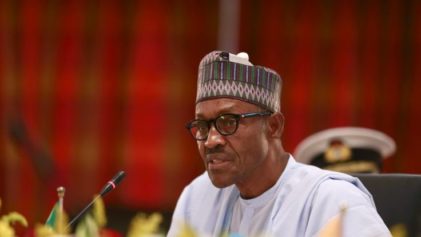Now that Libya has successfully completed the first democratic elections in half a century, the nation has to face a task that has proved vexing to countries the world over: governance.
After emerging from 42 years of authoritative rule by Col. Moammar Gadhafi, the nation must now figure out how to bring together many different factions and regions with different interests and smoothly run a country without resorting to infighting and violence.
The final results from the election were released Tuesday and it appears that former interim Prime Minister Mahmoud Jibril’s party, the National Forces Alliance, surged to a resounding victory, winning 39 of the 80 seats allocated to parties—and completely shutting out the Islamist National Party, led by ex-jihadist and former rebel commander Abdel-Hakim Belhaj, which won zero seats in a shocking denial of power. The Muslim Brotherhood’s Justice and Construction party came in second with 17 seats. Smaller factions won the other 24 seats set aside for parties.
In addition to the 80 seats set aside for parties, the 200-seat National Assembly will be made up of 120 independent seats for people with no official party affiliation. But most analysts expect that many of the 120 independents actually have informal affiliations with parties.
This governmental structure means no one party will have a ruling majority, which will require all sides to find alliances and form coalitions get anything done.
“The end product is that not a single group will secure a majority. They all need each other because they all have militias in the streets, and this is the reality,” said analyst Fathi Ben-Essa.
A major challenge for the new assembly will be the unhappiness of regions that feel they were unfairly treated in the assignment of seats.
Tripoli and the west were given 100 slots for seats in parliament, while 60 were allocated for Benghazi and the east and 40 for the southwest. The east, where the uprising originated, complains that Tripoli is still trying to dominate.
One of the National Assembly’s first tasks will be forming a new government to replace the National Transitional Council.


